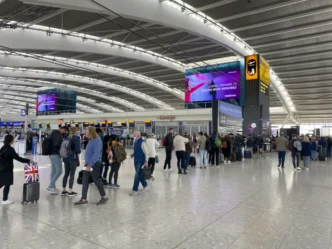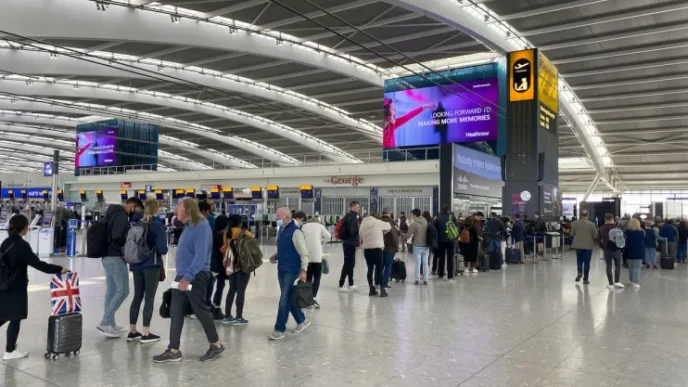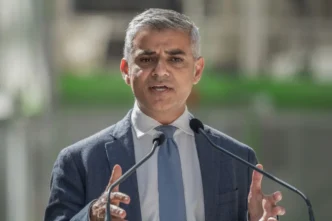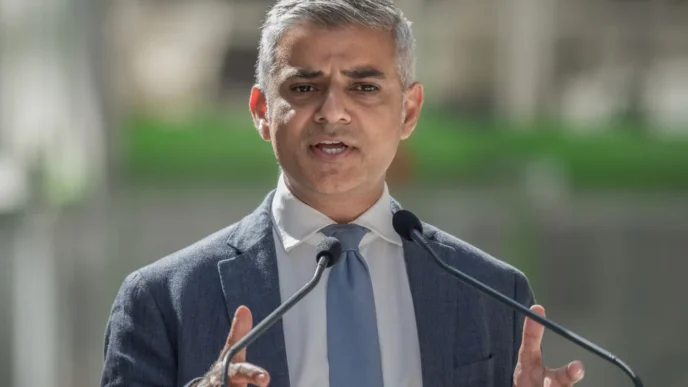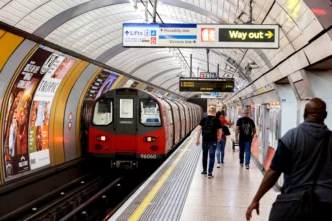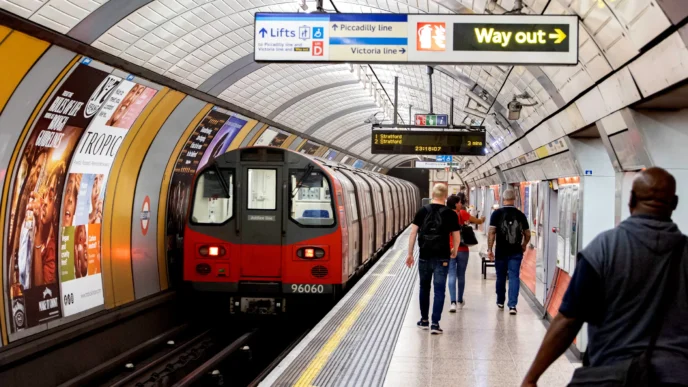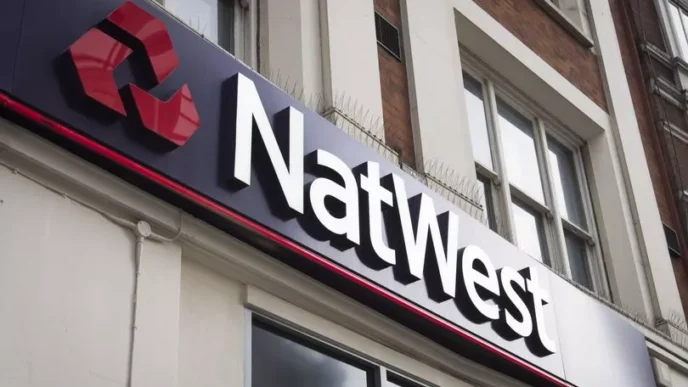London’s Michaela Community School, renowned for its stringent discipline policies, faced legal scrutiny as the high court upheld its prohibition on prayer rituals, rejecting claims of discrimination by a Muslim pupil known as TTT. Spearheaded by Katharine Birbalsingh, former government social mobility tsar, the ban prompted heated debate over religious freedom.
Esteemed figures such as Rishi Sunak and Kemi Badenoch lauded the ruling as a triumph against efforts to undermine public institutions. Badenoch underscored that no student should dictate school policies, emphasizing the Equality Act as a protective measure. However, criticisms surfaced, with accusations of sensationalizing the case and exacerbating cultural divisions.
The court deemed the ban justified within Michaela’s secular ethos, dismissing allegations of religious infringement. While acknowledging the pupil’s disappointment, the judgment underscored the school’s prerogative to foster a conducive learning environment for all.
Birbalsingh hailed the decision as a victory for educational autonomy, cautioning against mischaracterizing Muslims as an oppressed minority at Michaela. The case’s aftermath prompts broader discussions on the intersection of faith and education, prompting calls for nuanced policymaking to uphold religious liberties while ensuring inclusivity.




